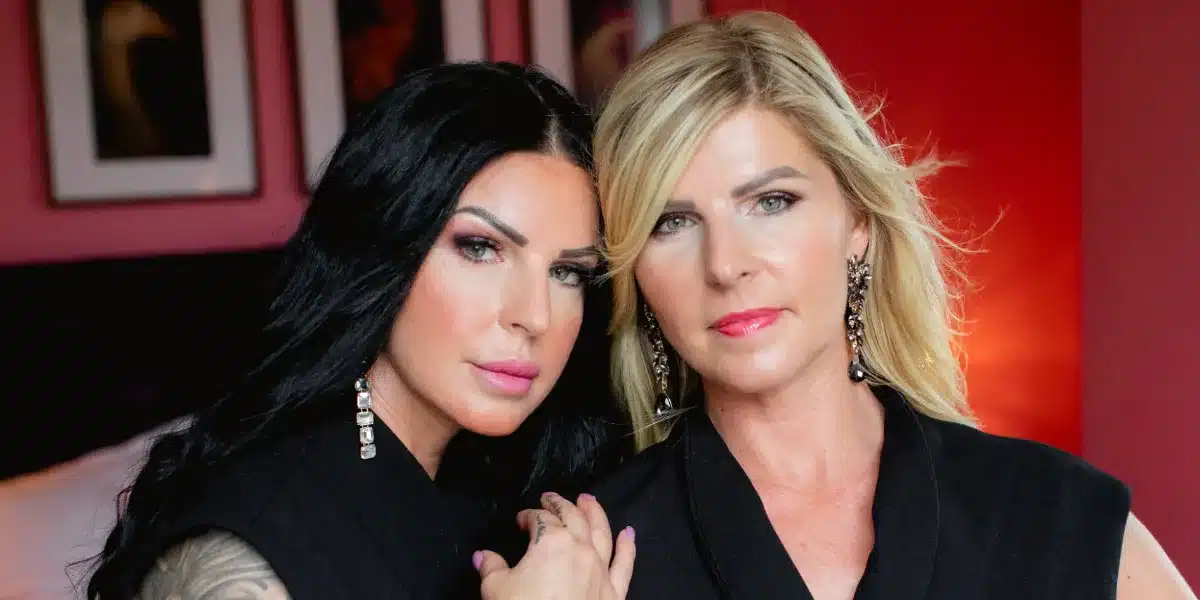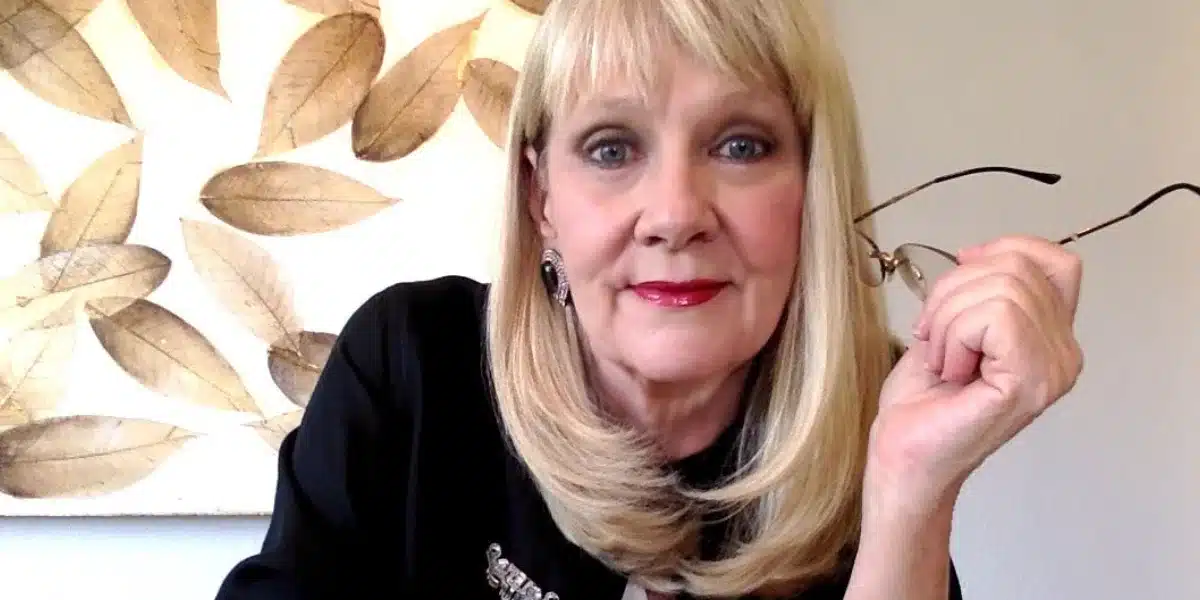A look at the connection between mental health and women’s empowerment and the ways in which women can support their own mental health
Women’s empowerment has been widely recognized as a critical factor in addressing global challenges such as poverty, violence, and social injustice. Despite this recognition, mental health issues are rarely discussed when it comes to women’s empowerment. This is particularly concerning given the fact that women face unique mental health risks due to discrimination and marginalization based on gender.
Research shows that women are more likely to experience depression, anxiety, and post-traumatic stress disorder than men. This can be attributed to a range of factors, such as gender-based violence, unequal pay, lack of economic independence, limited access to healthcare services, and cultural norms that dictate how women should behave in society. A woman’s mental health has a direct impact on her ability to thrive and develop to her full potential, which is why it’s so important for women to be empowered.
Kendra Davies
 Sourced Photo
Sourced Photo
“There are multiple ways in which mental health is connected to women’s empowerment: personal empowerment is two parts: provided authority, the feeling of having power based on your role as a parent, a manager, an entrepreneur, etc. The other is initiative, the power, and authority you feel because of the actions you take and choices you make, even when your role does not provide you with authority. Both of these impact your mental health because they significantly change how you perceive yourself and the world around you, and the possibilities and challenges you will face,” explains Kendra Davies, CEO of Stellar Coaching, Life Coach and Positive Psychology Practitioner.
Alicia Berg and Anna Nowak
 Sourced Photo
Sourced Photo
There are many layers to empowerment, both physical and emotional. “Empowerment comes from feeling sure about who you are, what your values are, and basic things such as what you like or dislike. You are allowed to change your mind, change your plans, say no to things, to create healthy boundaries. Normalize that showing emotions is healthy and ok, and we would say necessary, to not accumulate them inside of you. Take up space, and be yourself; small steps are also progress. You do not have to be perfect and asking for help is strength,” share the founders of Made Hot STHLM AB, Alicia Berg and Anna Nowak.
Penney Peirce
 Sourced Photo
Sourced Photo
Transformation expert Penney Peirce provides a refreshing look at the idea of empowerment. Peirce says, “I think of empowerment as the ability to be clear, to perceive and act as the soul, from the core of our compassion and understanding. Then empowerment is not connected to hard work, struggle, or ambition.” Peirce goes on to share, “Women are so good about talking and sharing with each other! So why not steer our conversations toward examining where we feel stuck and volunteering insights and wisdom to each other? When we can embrace our partial, anxiety-producing past experiences, see the entire picture, and put things in a healthy perspective, then we become empowered. Empowerment is simply expressing ourselves in alignment with our soul’s desire and joy.”
In order for women to achieve their full potential, they need access to quality mental health care, as well as social support systems that recognize their individual needs. Women should feel empowered to seek help when needed, without fear of judgment or stigma. It’s also important for women to have access to resources and training that can help them manage their mental health. These could include counseling services, support groups, mindfulness practices, and other forms of mental health education and awareness.
Patti Negri
 Sourced Photo
Sourced Photo
“To be empowered a woman has to feel good about herself and who she is. Mental health is one of the most important factors in a woman’s – or anyone’s – state of being and state of mind. Depression, low self-esteem, physical or emotional abuse, or sometimes just the chaos of daily life in modern times disrupts our lives and our mental health. Mental health affects how we think, feel, and act and therefore every aspect of our life and our ability to be empowered in it. Mental health and woman’s empowerment go hand in hand,” says Patti Negri, psychic medium, “Good Witch,” podcaster, author, and TV host. “The clearer I am about who I am and how I feel, the more empowered I get. The more empowered I feel, the clearer and stronger my mental state and mental health is.”
Camberly Gilmartin
 Sourced Photo
Sourced Photo
Camberly Gilmartin, Brand ConsultANT of Curious Ant and visibility expert shares, “When I remain consistently focused on mental health, I perform better in all areas of life. Actively practicing self-care and paying attention to what I need allows me to be more present and engage at a deeper level. Learning how to take care of myself has taken a lifetime. I am still learning. I have learned that if I want to feel unstoppable, I must place the highest priority on my mental health and practice good self-care at 100% with no exceptions! I still have periods in my life when I loosen up on self-care and every single time it backfires. When I think good thoughts, I feel good. And when I feel good, I move mountains! I’ve learned that like many things in life, it’s about being consistent. Developing the discipline of practicing self-care and paying attention to my thoughts has definitely supported my empowerment.”
Finally, it’s important to recognize that mental health is an issue that impacts everyone, regardless of gender. By creating a culture of understanding and acceptance towards mental health issues, we can help to foster a more supportive environment for all women in our society. Ultimately, this could have a positive impact on the overall well-being of all individuals.
Sponsored Post












